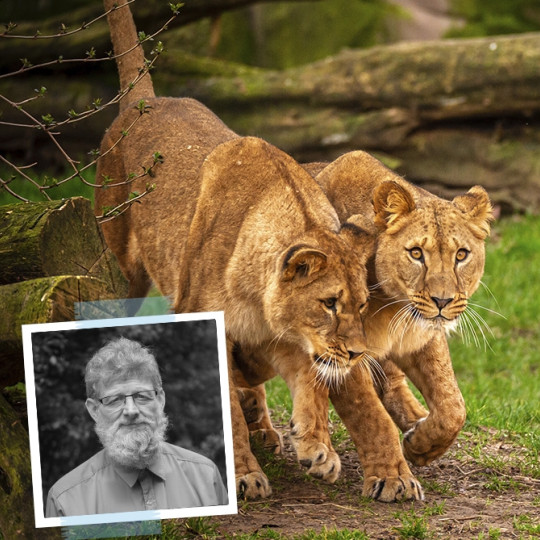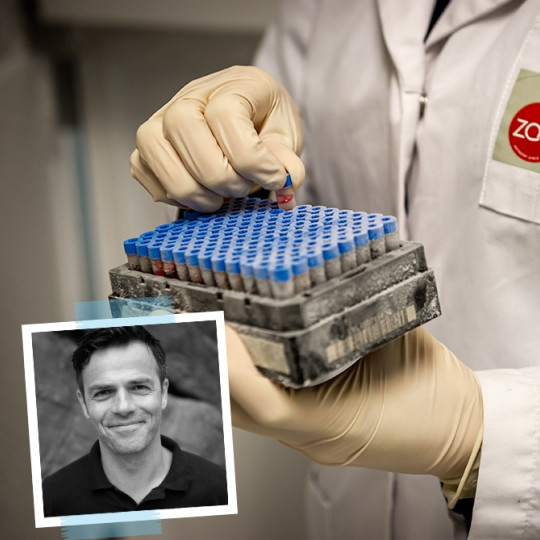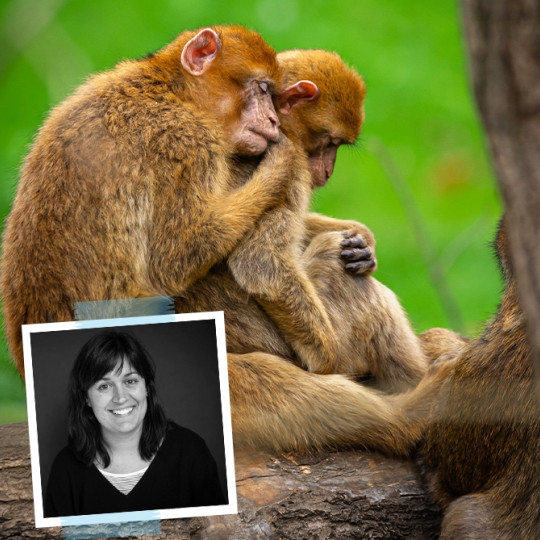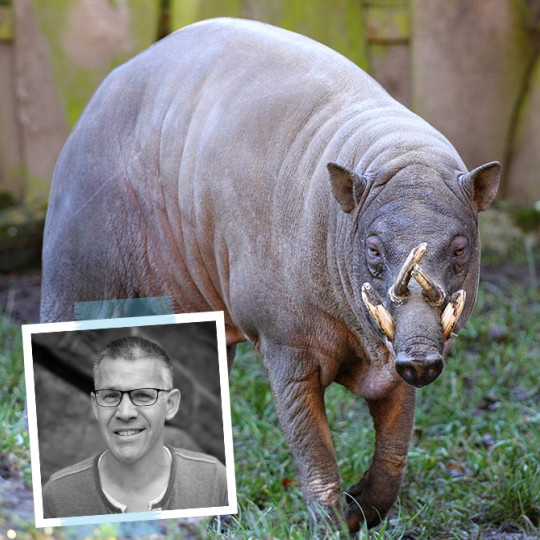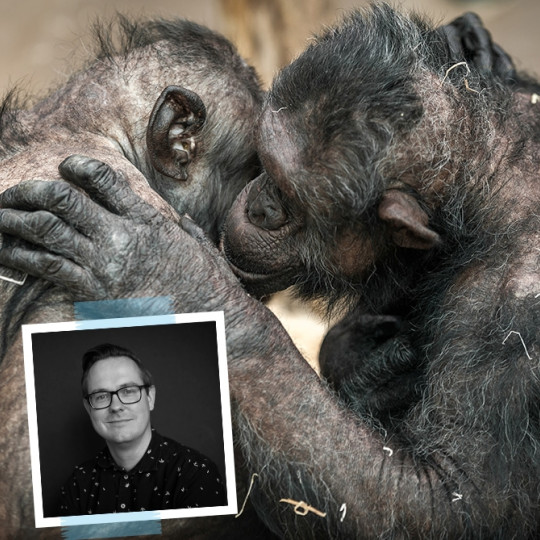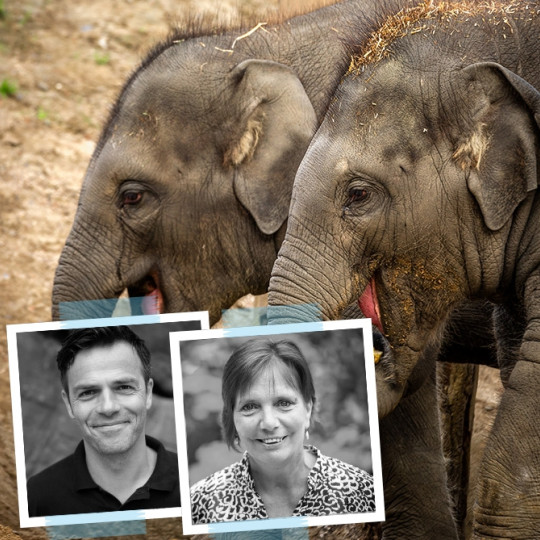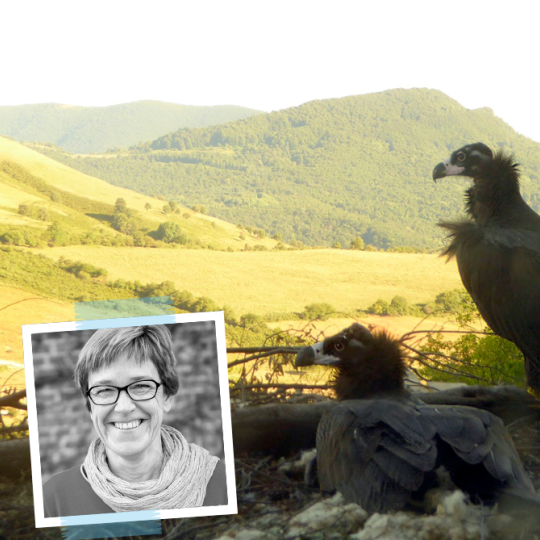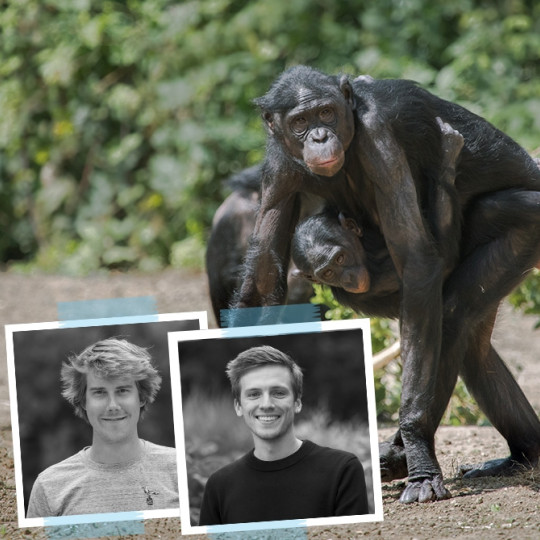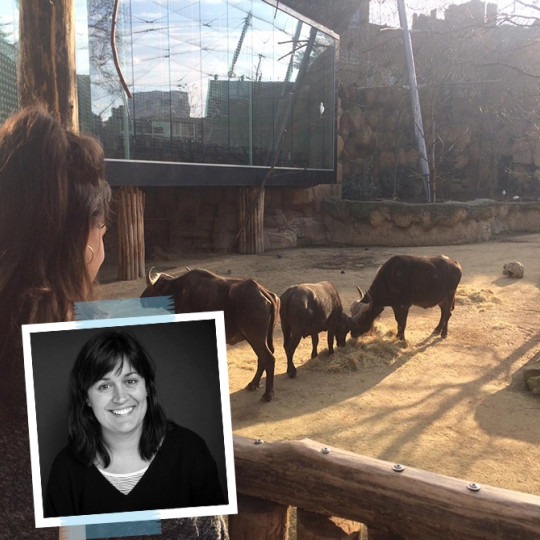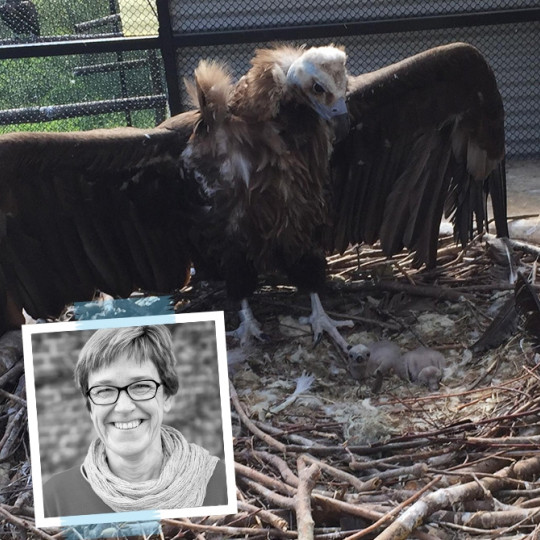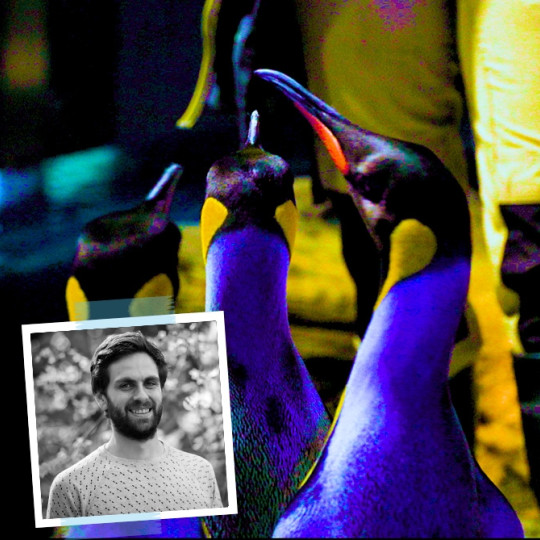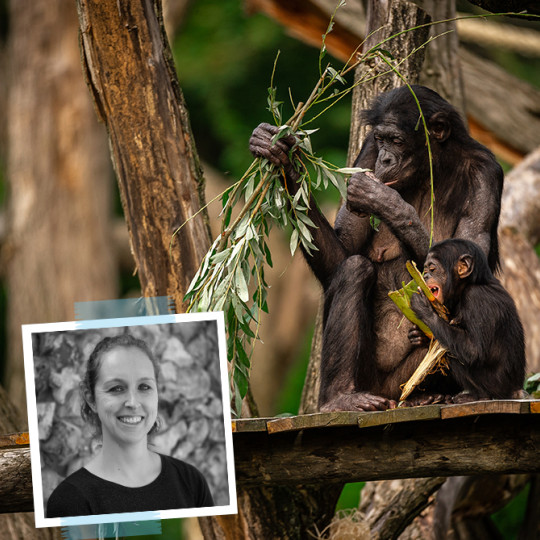
'The bigger, the better' according to bonobos
ZOO Planckendael's bonobo group is one of the largest in Europe. In the wild, intelligent primates also live together in large groups according to their social system's fission-fusion principle. During the day, they split into smaller subgroups and in the evening, the small groups often merge back into a larger group to build a nest close to each other.

